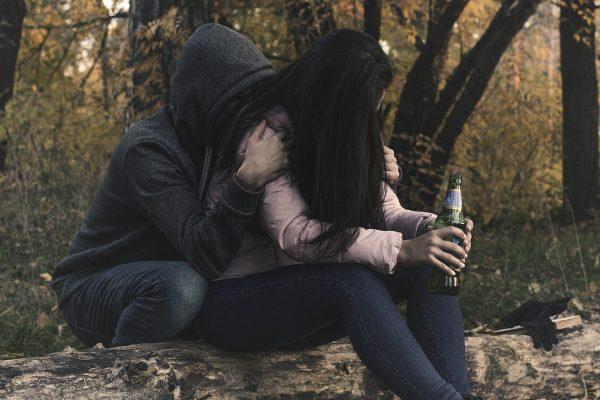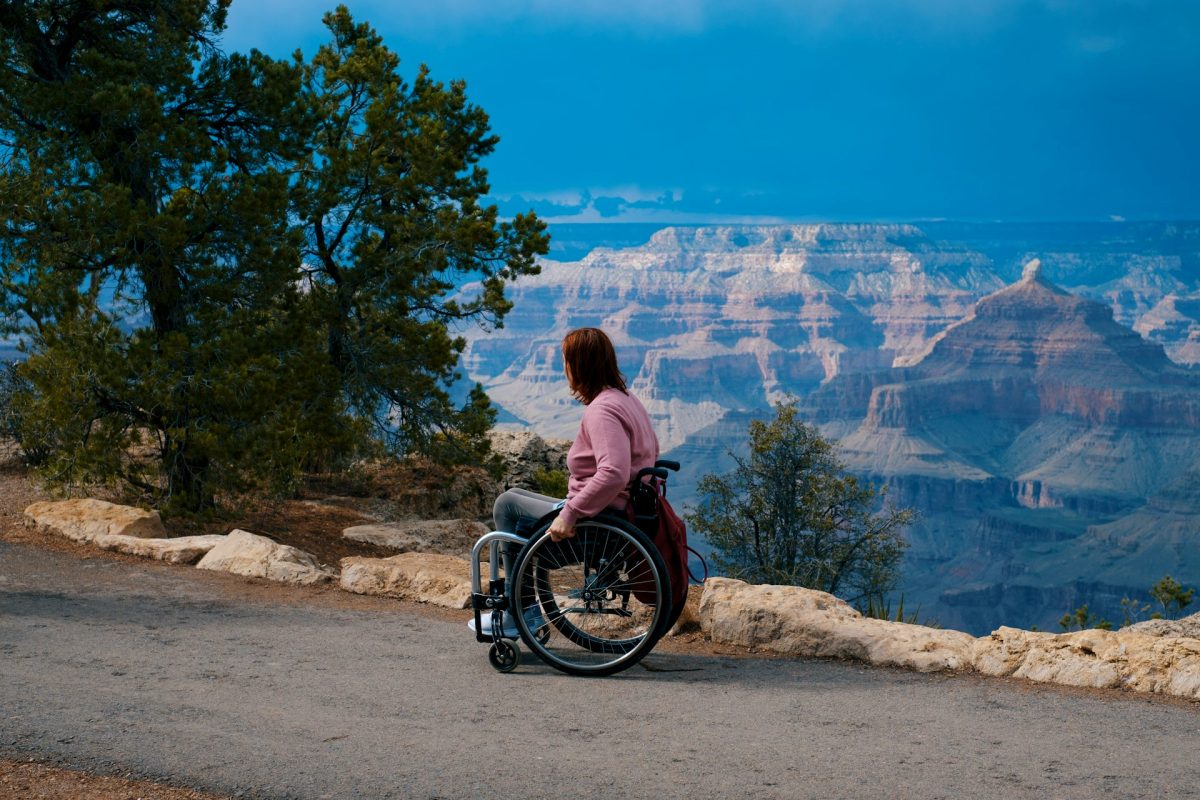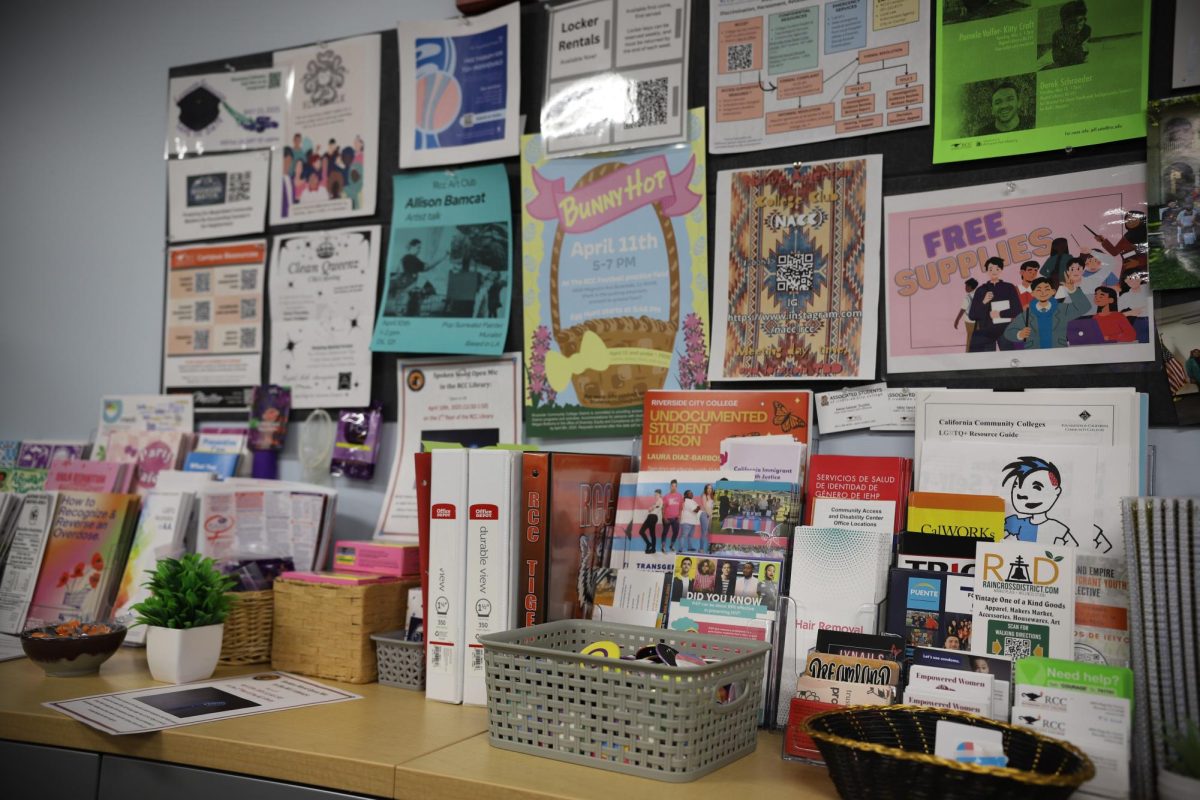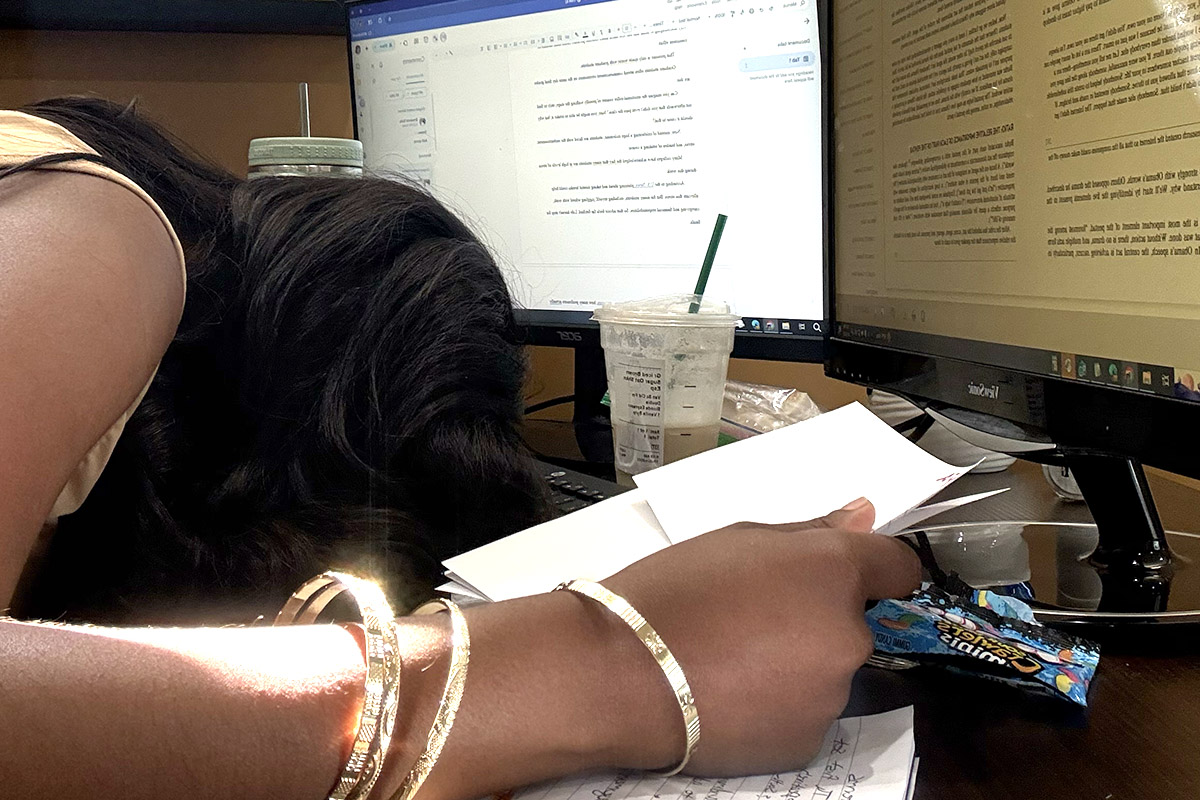
By William L.G. Stephens
Standing on the corner, licking his lips dry. He had to choose the hottest day of July to come down. His girlfriend beside him, giving up all her free love and realizing it wasn’t so free after all.
The couple stands relatively close to the general public but the “normies” as we like to call them, have placed a grave distance between them and the junkies. Though to be perfectly honest, I’ve never encountered a normal person a day in my life.
We all seem so put together, working blue collar jobs, shopping at the same grocery stores, even going to the same church on Sundays. So much so that we forget there’s another six days of the week where we don’t interact with each other.
There’s a saying in AA and in NA, that I’m going to go out on a limb and say it is present in most addiction groups: “Get this or die.”
There comes a point where an individual can get so deep in their addiction, that death doesn’t seem all that bad considering the alternative of being clean and sober.
What the addict tends to forget is the wreckage and carnage they leave behind for their loved ones to sort through.
Addiction has been referred to as a selfish disease. I believe that statement can be misinterpreted.
I’ve never heard that statement from six people carrying their best friend in a casket. I’ve never heard that from a mother who found her son dead in his bed because he choked on his own vomit.
In those instances you usually just hear noises.
Noises that you will never be able to get out of your head again.
I’ve let addiction take a great deal from me but my faith that people are still compassionate was restored in my darkest hours.
The problem isn’t that people are oblivious to the fentanyl epidemic happening right in front of their faces here in the Inland Empire.
It’s that people are waiting on someone else to do something about it.
We’d be off to a good start if we treated addiction and mental illnesses the same as we would broken bones and cancer.
It’s going to take courage. It’s going to require us to say that person’s name in our family that we refer to as “they who shall not be named.”
It means telling someone how much you love them, even if there’s a chance you may never hear it back.
I’d rather say it and never hear it back, then never be able to tell them again.
To quote Robert Wakefield in the 2000 film “Traffic”: “If there is a war on drugs, then many of our family members are the enemy and I don’t know how you wage war on your own family.”






